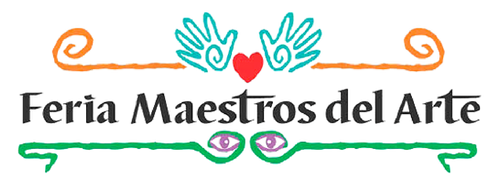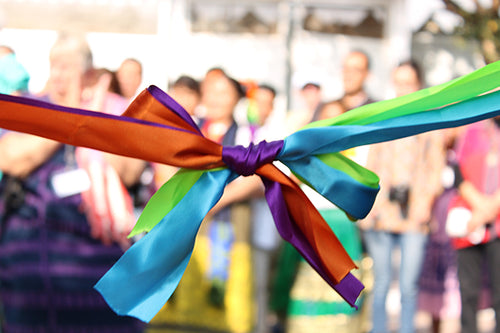PProfile Olivia Dominguez Renteria
Olivia Dominguez Renteria was born in 1971 in the small village of Mata Ortiz, near the ancient ruins of Casas Grande in the northern part of Chihuahua. This is where Juan Quezada, the self-taught originator of Mata Ortiz pottery, first started making the thin-walled, finely painted ceramic ware that has come to rival any handmade pottery in the world.
Like all potters in the Mata Ortiz tradition, the artist uses no potter’s wheel, kiln, glazes, nor any chemical materials. All pottery is hand formed without the use of a potter’s wheel, from locally dug clay. It is hand painted with natural mineral or plant colors and fired over open ground without the use of a kiln. The shaping, polishing and painting is entirely done by hand, often with brushes made from children’s hair.
Olivia began her career in pottery at age eight. She is well known for her intricately carved effigy pots featuring lizards, snakes and owls. She has won many prizes in Mexico and the US for her work, including 1st place in 2013 at the Desert Museum in Arizona in a Concurso (judged art show) for women potters of Mata Ortiz.
Nearly 400 of the 2,00 inhabitants of Mata Ortiz are now producing pottery, slowly transforming the community from one of impoverishment to one of economic stability. Every stage of production of the pottery is done completely by hand, and each one-of-a-kind piece is purchased directly from the potter. Raw clay and pigment for the pots and paints are collected from the rich deposits found in surrounding hills and valleys. The potters hands form the pots, the hair of children is used to make the paint brushes, and the firing is done in the back yard with wood and cow dung as the fuel.
Over the years, experimentation, refinement, and creativity have taken place at all stages of production. Consequently, the potters are more skilled and innovative than ever, earning Mata Ortiz the reputation of a major pottery-producing center,
and the status of one of the most skillful of it's kind. (We wish to
thank Mississippi Clayworks for allowing us to use much of the historical information regarding the Paquimé Indians.)
Calle Ferrocarril 134
Juan Mata Ortiz, Chihuahua
636 115 7128 WhatsApp

